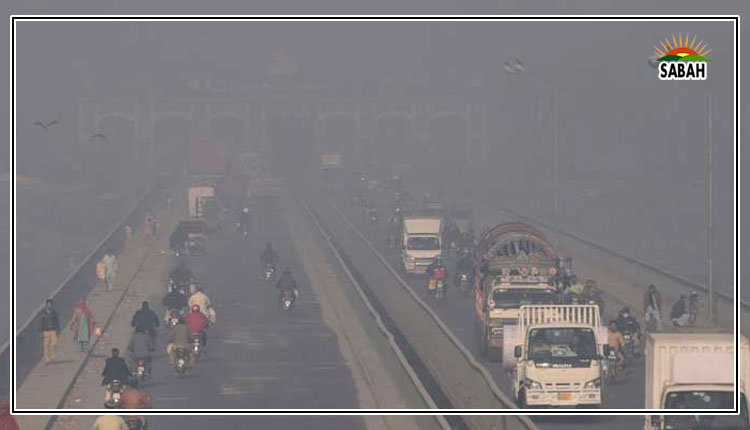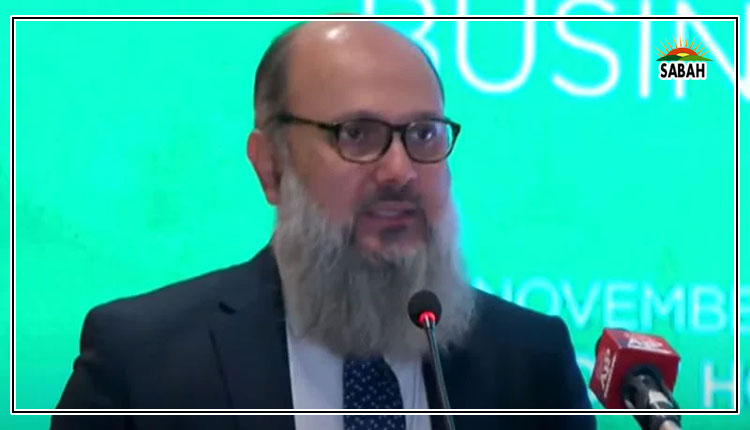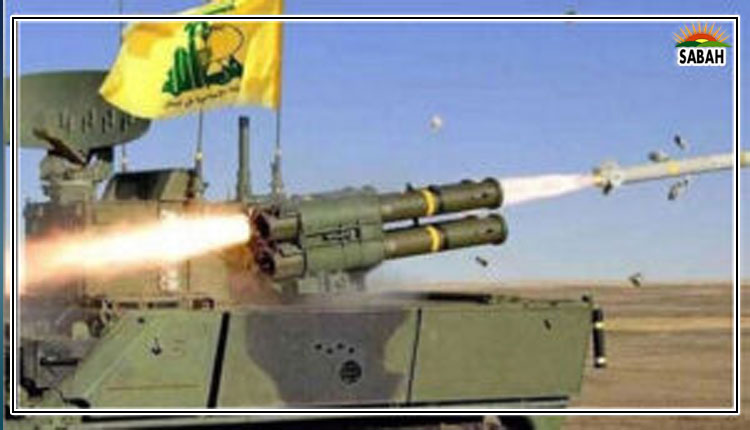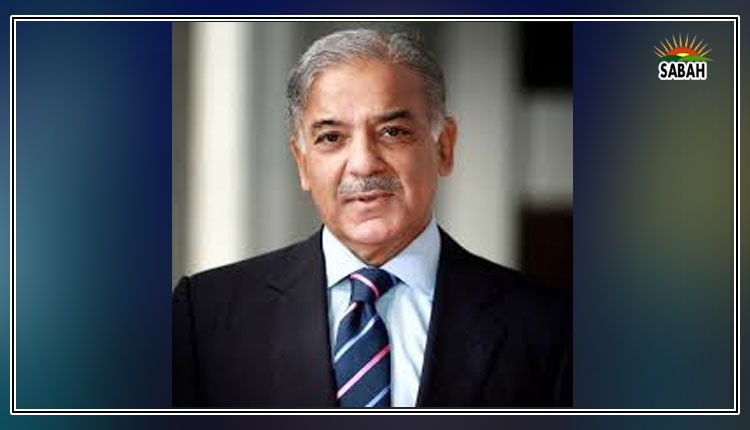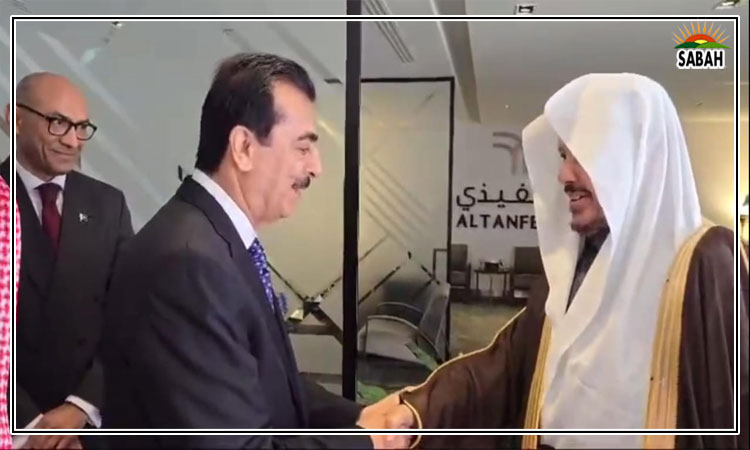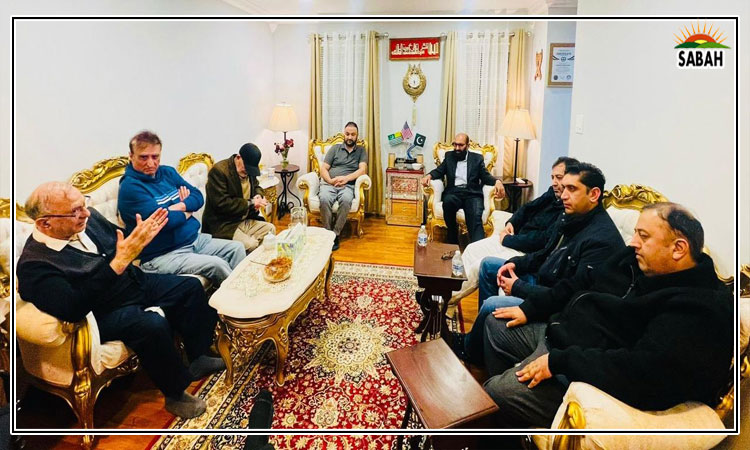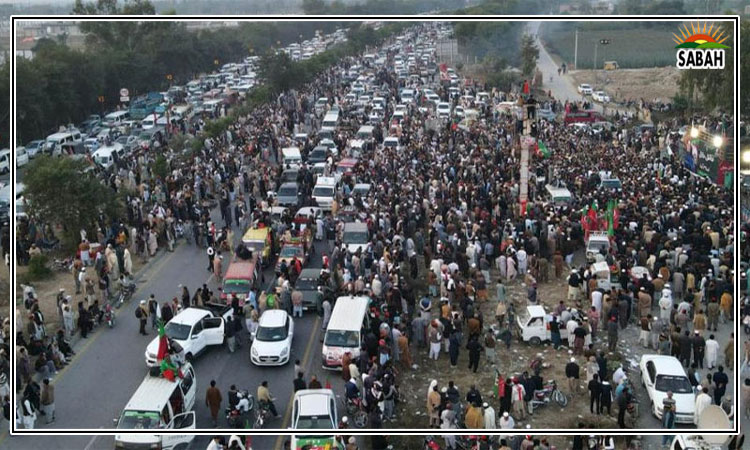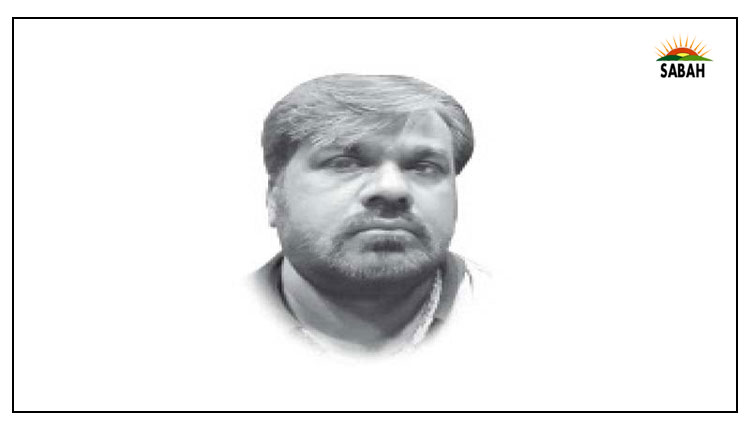Fight for civilian supremacy?…Syed Asif Ali
The country is at war a political war which is growing more and more intense by the day. A free-for-all between two major political forces in the country, this war has snowballed into unmanageable proportions.
That this tussle for power which has also sucked in key state institutions and influential players that are supposed to be non-political is damaging for the people and for democracy in the country goes without saying. Unfortunately though, its culmination whether in favour of one side or the other would bring no good news either, because this power play is not going to result in a democratic rule characterised by civilian supremacy and rule of law.
Let me elaborate why a victory for any side over the other in the ongoing political duel would not help the cause of democracy in the country. Actually, both the warring forces are misleadingly shrouded in the cloak of democracy. Their political conduct belies their loudly-trumpeted positions that they stand for democracy and seek to lay the foundation of a government of the people, for the people, by the people.
On one end of the rope in this political tug of war is PDM the ruling coalition of 13 parties backed by the powerful security establishment that is well-entrenched in the political and governance system of the country. And on the other end, there is PTI a right-wing populist party led by a cult figure, Imran Khan, who believes in strongman rule and has no hidden admiration for countries run under civilian autocracy or quasi democracy.
Since the security establishment has traditionally been right of centre on the political spectrum, both the gladiators crossing swords in this political coliseum are right wingers. The combat is clearly between right-wing populism and right-wing establishment with norms of democracy and principles of parliamentary sovereignty visibly at stake.
A PDM triumph in the ongoing fight for power would strengthen an already powerful role of security establishment in political and economic decision-making as well as diplomatic and strategic affairs. That the security establishment already enjoys a sort of veto power on issues of national and international importance is no secret. Thus if the PDM thought of as an establishment proxy is able to drag its political opponent, the PTI, over the line, it would rather concede political space to the non-political forces that have ruled the country, directly or indirectly, for most of its existence.
On the other hand, if Imran Khan emerges from what is a serious existential threat to his PTI, it will embolden his resolve to set up a one-man rule. While such a rule would meet the long-aspired democratic goal of bringing the men in uniform at the beck and call of civilian head of state, unfortunately it would also demand subservience from other state institutions and organs of the executive like judiciary, election commission, investigating agencies, police, etc which are to function autonomously and as a watchdog on the government in line with the spirit of democracy and the rule of law and constitution.
As evident from his nearly four-year long rule, Khan is not agreeable to the idea of multi-party democracy where the sanctity of the opposition parties is also recognised and their rights respected. And when criticising the non-political power centres, he is not talking of civilian supremacy at large, as he is only raising his own case of victimisation, without repenting for the garrison-schemed suppression of his political opponents as well as the dissenters in media and civil society under his own rule. He did not either, for once, condemn the political persecution of Benazir Bhutto and Nawaz Sharif in the 90s and later.
So, whosoever wins this raging political fight in the country, democracy will end up a loser. Whats needed is a new Charter of Democracy to come up with a consolidated political might to force non-political chips out of our democratic mosaic.
Courtesy The Express Tribune


